
Owning a dog is a joyful experience, filled with love, companionship, and plenty of tail wags. However, not every breed is a perfect match for every lifestyle, leading some owners to feel overwhelmed or unprepared for their new furry friend. Despite their popularity, some beloved dog breeds come with unique challenges that can leave owners struggling. Here’s a detailed look at ten such breeds, why they are adored, and the common reasons behind the regret.
Huskies: The Escape Artists
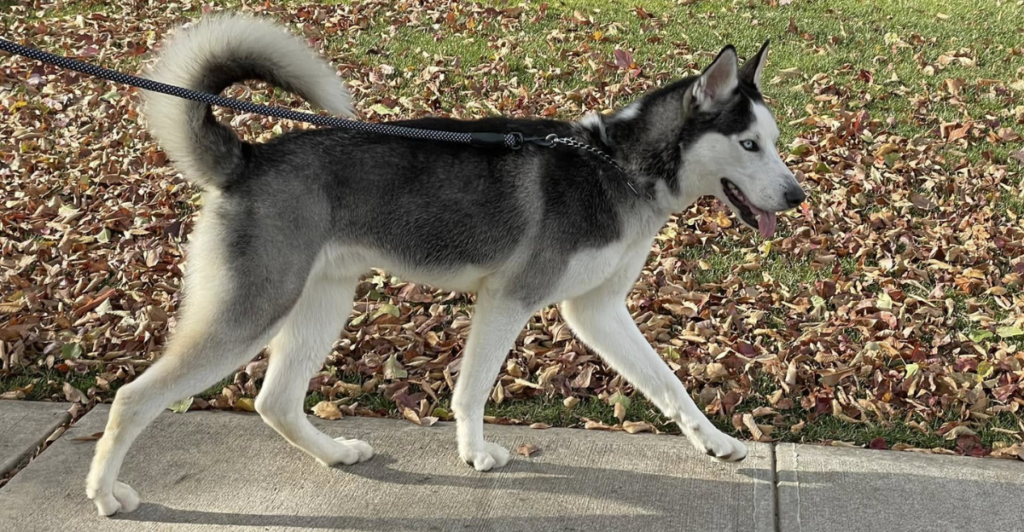
Huskies are stunningly beautiful with their wolf-like appearance and piercing blue eyes. Known for their intelligence and playful nature, they are highly sought after. However, their boundless energy, high prey drive, and propensity to escape make them a challenge. Many owners find themselves unprepared for the constant need for exercise and secure fencing to prevent their Huskies from running off in search of adventure.
Dalmatians: High Energy Meets Stubbornness
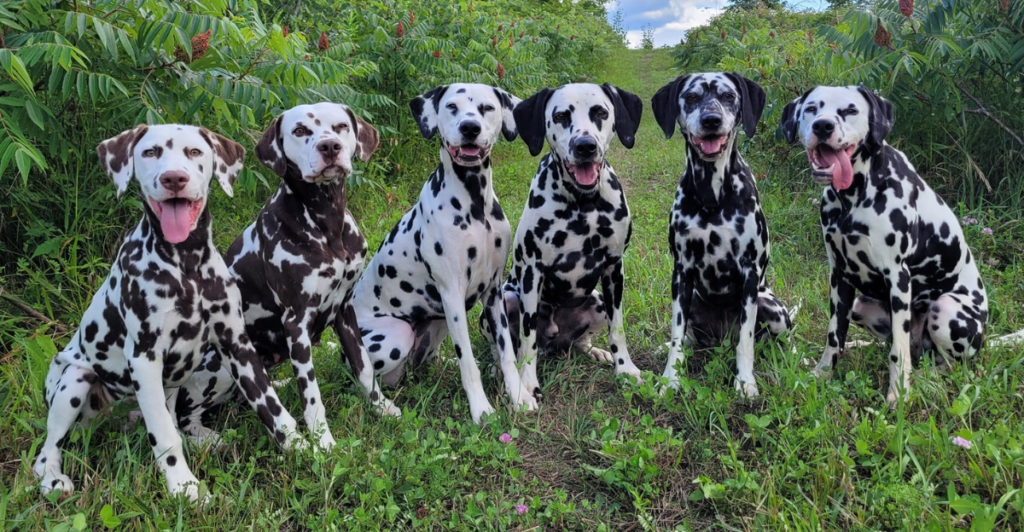
Dalmatians skyrocketed in popularity due to movies like 101 Dalmatians, but their high energy levels and need for mental stimulation can overwhelm first-time dog owners. Known for their stubborn streak, they require firm, consistent training. Without enough exercise or engagement, they can develop destructive behaviors, leaving owners frustrated.
German Shepherds: The Overachievers
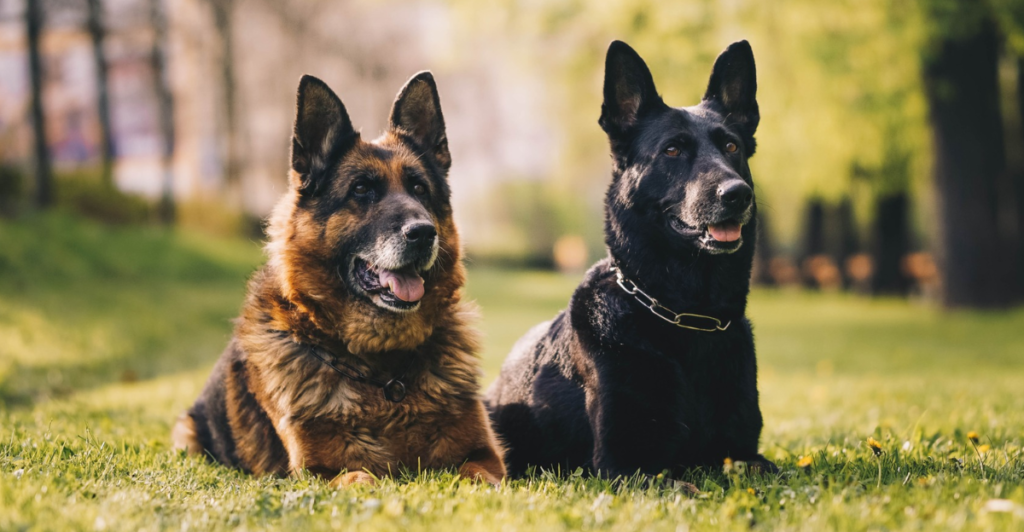
German Shepherds are intelligent, loyal, and versatile, often serving as police dogs or search-and-rescue companions. However, their need for training, mental challenges, and structured routines can be daunting. Owners who underestimate their drive and energy may find themselves with an under-stimulated and potentially aggressive dog.
Border Collies: Intelligence Overload
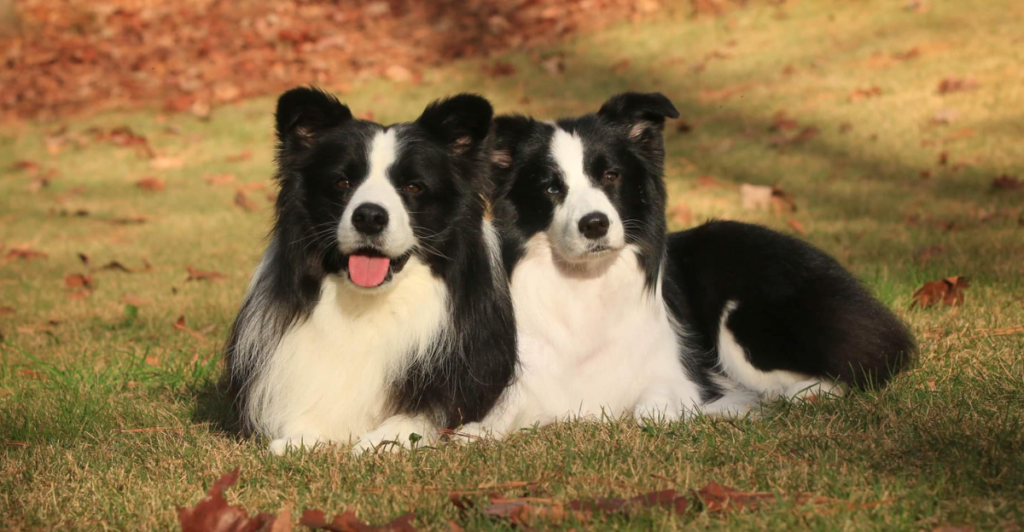
Widely regarded as the smartest dog breed, Border Collies excel in agility, herding, and obedience tasks. While their intelligence is impressive, it can also be a double-edged sword. Owners often struggle to keep up with their need for constant stimulation, leading to boredom-induced mischief like chewing furniture or chasing cars.
Beagles: The Nose That Never Stops

Beagles are adorable, with their big brown eyes and floppy ears, but their powerful noses often lead them astray. As scent hounds, they are driven by smells, making recall training difficult. Their vocal tendencies, from baying to barking, can also frustrate owners who live in apartments or close quarters.
Bulldogs: Charming But Challenging

Bulldogs have a lovable, laid-back demeanor that makes them appealing to many families. However, their health issues can be a significant burden. From breathing difficulties due to their brachycephalic faces to joint problems, Bulldogs require frequent vet visits and special care. Many owners are unprepared for the financial and emotional toll.
Chihuahuas: Small Dog, Big Personality

Chihuahuas are tiny dogs with huge personalities, often winning over hearts with their feisty demeanor. However, their size and fragility mean they are not always suitable for households with small children. Additionally, their tendency to bond with one person can make them overly protective and challenging to socialize.
Great Danes: Gentle Giants with Limitations
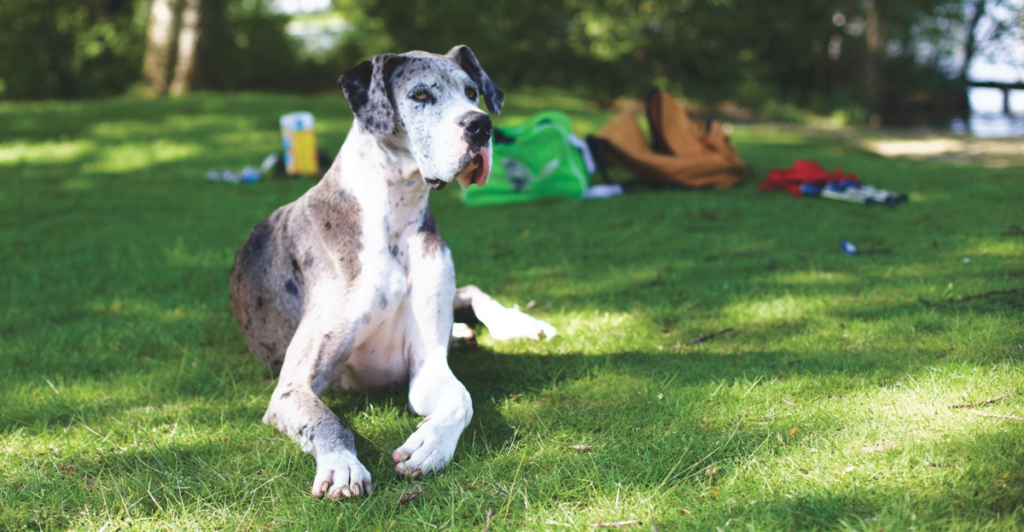
Known as the “Apollo of Dogs,” Great Danes are gentle giants who crave human companionship. Their massive size, however, can make living spaces feel cramped. Coupled with a short lifespan and susceptibility to health issues like bloat, many owners find the emotional and financial commitment challenging.
Australian Shepherds: Always on the Move
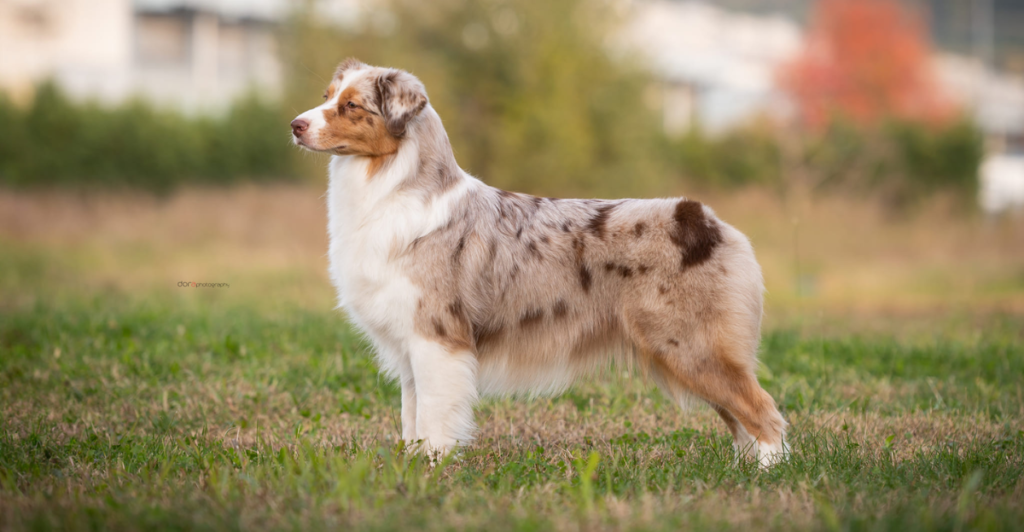
Australian Shepherds are energetic, intelligent herding dogs that thrive on physical activity. Without a job to do or ample exercise, they can become hyperactive and even destructive. Many owners underestimate their high energy levels and the dedication needed to keep them happy and healthy.
Yorkshire Terriers: Grooming Galore

Yorkshire Terriers, or Yorkies, are small and stylish with their silky coats. While they make excellent companions, their grooming requirements can be overwhelming. Regular brushing, trimming, and maintenance are essential to keep their coats in good condition. Owners unprepared for the time and expense involved often feel regret.
What Drives the Regret?

Most cases of regret stem from mismatched expectations. Many owners are drawn to a breed’s appearance or reputation without fully understanding its needs. High energy levels, health issues, grooming demands, and behavioral quirks often lead to frustration. Experts recommend researching extensively and considering one’s lifestyle before committing to a breed.
How to Prevent Regret
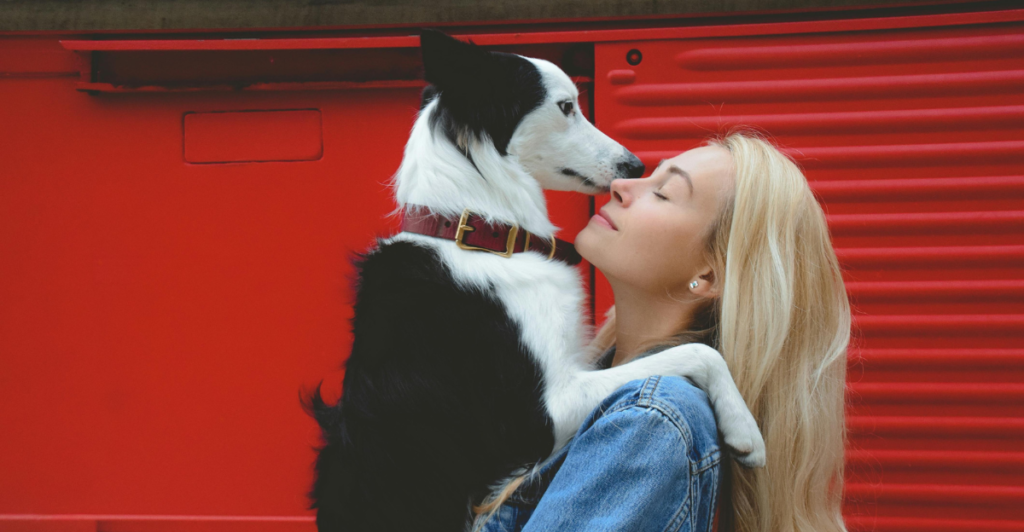
Choosing a dog should be a thoughtful process. Potential owners should consult breeders, veterinarians, and dog trainers to learn about a breed’s traits and requirements. Adopting from shelters can also be a great way to find a dog with a more predictable temperament.
While these breeds may pose challenges, with proper preparation and commitment, they can still bring immense joy. The key is understanding what you’re getting into and ensuring you’re ready to meet the needs of your new four-legged friend.
Stay connected with us for more stories like this! Follow us to get the latest updates or hit the Follow button at the top of this article, and let us know what you think by leaving your feedback below. We’d love to hear from you!







